A kitten, after contracting the virus from its owners and has become the first animal to be infected by Covid-19 in South Korea.
The kitten was infected at the International Prayer Center in the southern city of Jinju, a missionary school where more than 100 people were infected.
As the cats were moved to an animal shelter, the pet kitten was tested along with its mother and sibling.
In Britain, Brazil, and Japan, cats with Covid have been recorded, while a dog died in Hong Kong last year after testing positive for the virus.
On Sunday, Prime Minister Chung Sye-Kyun directed health officials to “scientifically assess the possibility of COVID-19 transmission between humans and animals and keep the public well informed.”
With about a third of its 50 million people keeping animals in their homes, South Korea is a pet-loving country.
Health officials in England announced in July that a cat and its owners had tested positive for Covid-19 – the animal suffered from a runny nose and shortness of breath but, along with the family, made a complete recovery, Downing Street said.
At the time, experts cautioned against cuddling pets, and a group of scientists in Britain and the United States argued last night that vaccines could be needed for cats and dogs.
Researchers from the University of East Anglia, the Earlham Institute in Norwich, and the University of Minnesota said that transmission from animals to humans poses a ‘significant long-term risk.’
‘It is not unthinkable that vaccination of some domesticated animal species might … be necessary to curb the spread of the infection,’ they wrote.
Kevin Tyler, editor-in-chief of Virulence, said: ‘Cats are asymptomatic but they are infected by it and they can infect humans with it.
‘The risk is that, as long as there are these reservoirs, that it starts to pass as it did in the mink from animal to animal and then starts to evolve animal-specific strains, but then they spill back into the human population and you end up essentially with a new virus which is related which causes the whole thing all over again.’
He added: ‘It’s not an obvious risk yet.’
In their editorial, the scientists wrote: ‘Continued virus evolution in reservoir animal hosts, followed by spillback events into susceptible human hosts, poses a significant long-term risk to public health.
‘SARS-CoV-2 can infect a wide range of host species, including cats, dogs, mink, and other wild and domesticated species and, hence, the vaccination of domesticated animals might be required to halt further virus evolution and spillback events.
‘Whilst the vaccination campaigns against SARS-CoV-2/ Covid-19 are being rolled out worldwide, new virus variants are likely to continue to evolve that has the potential to sweep through the human population.’
They claimed that to keep coronavirus under control, more transmissible virus strains, such as the UK variant, need more individuals to be vaccinated.
‘Vaccination against a viral pathogen with such high prevalence globally is without precedent and we, therefore, have found ourselves in uncharted waters,’ they wrote.
The researchers called on governments to accept the continued use of strict control measures such as masks and social distancing as the only way to limit the production and distribution of new variants of Covid-19.
Source: Daily Mail

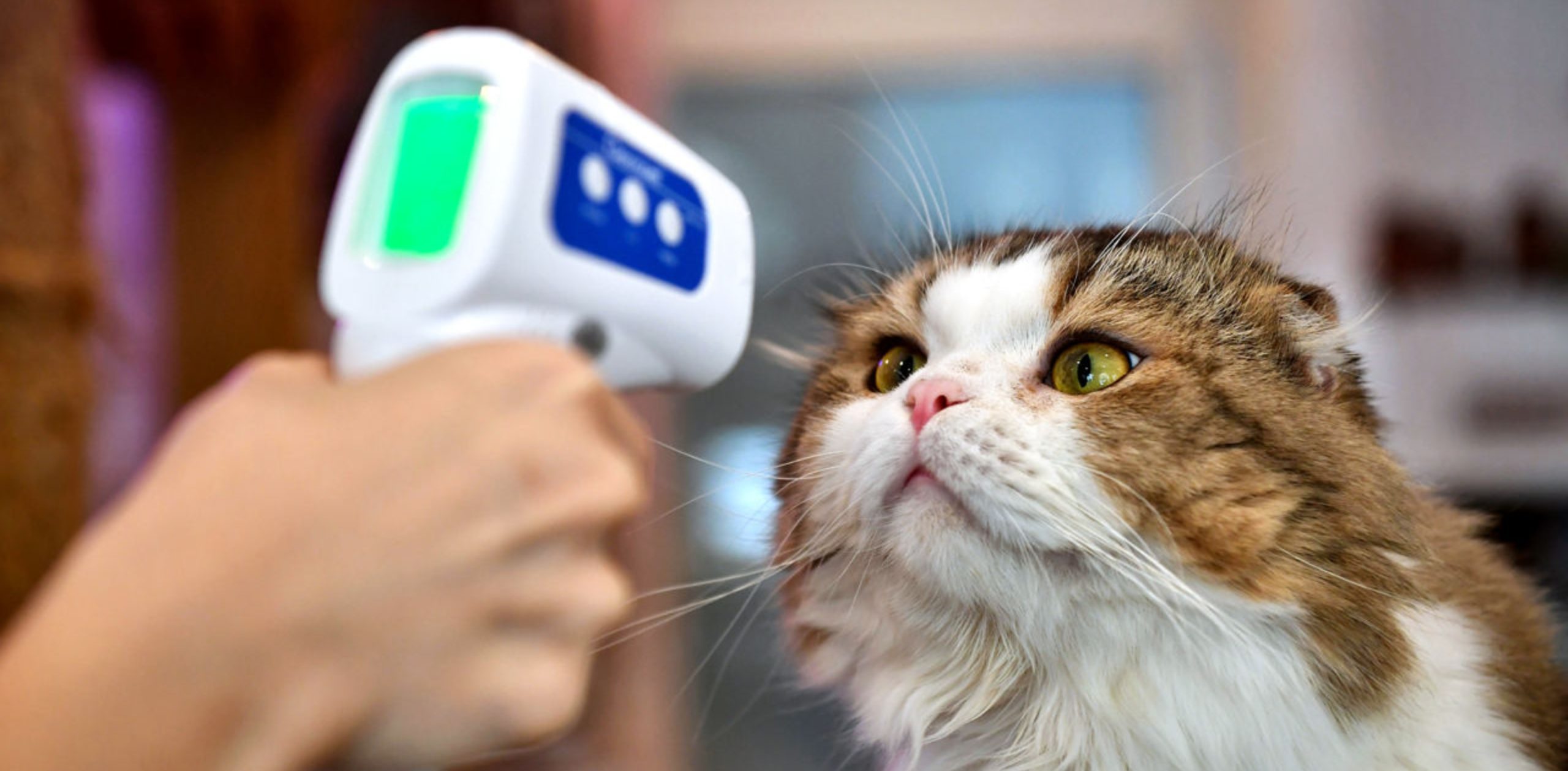
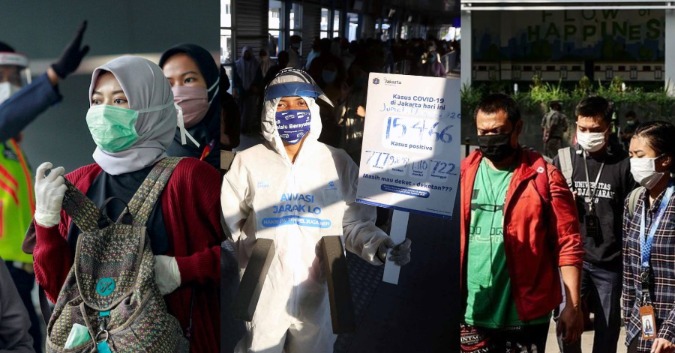

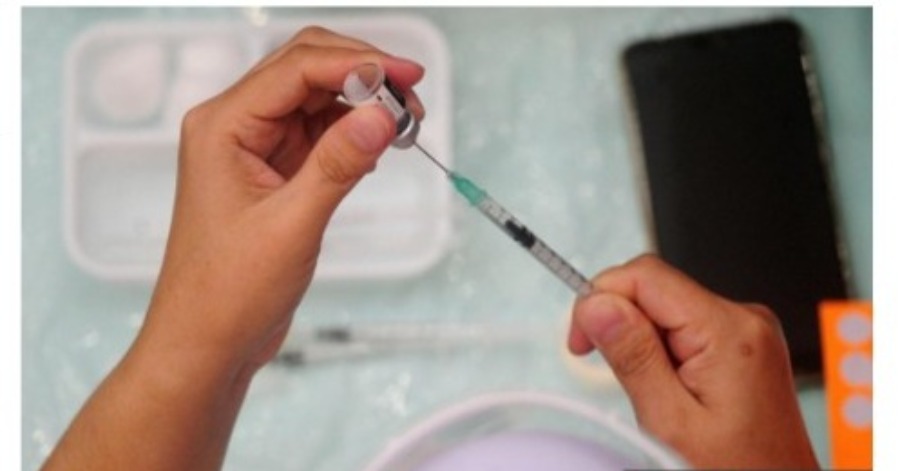
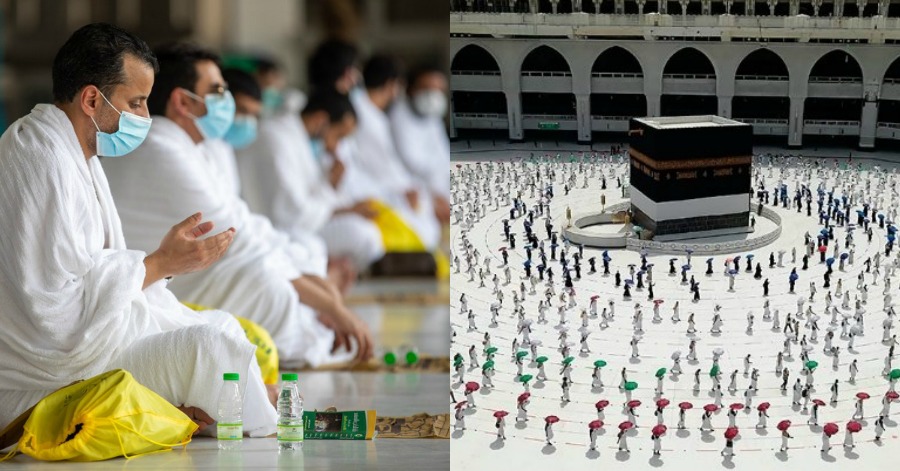
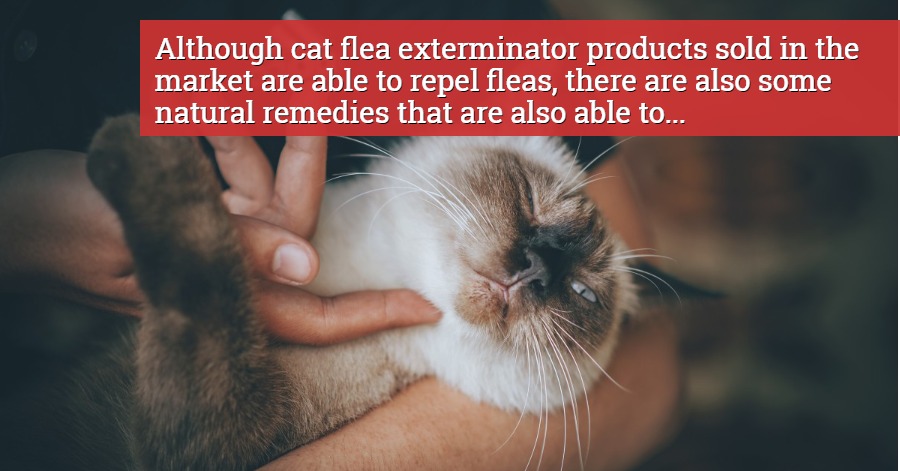
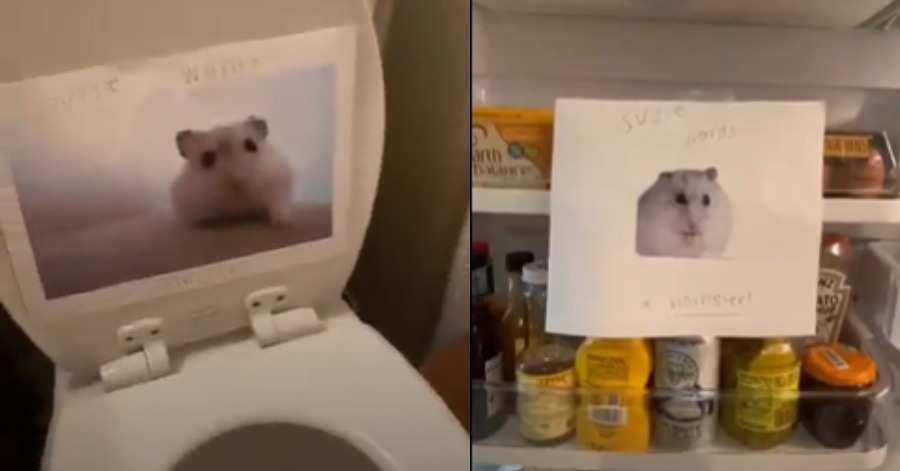

Leave a Comment